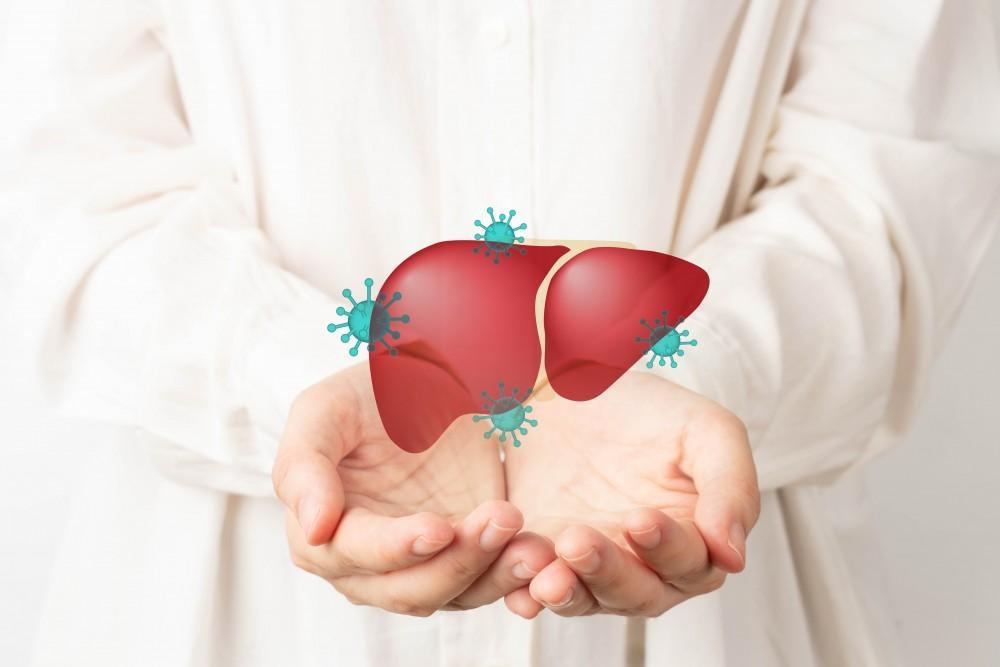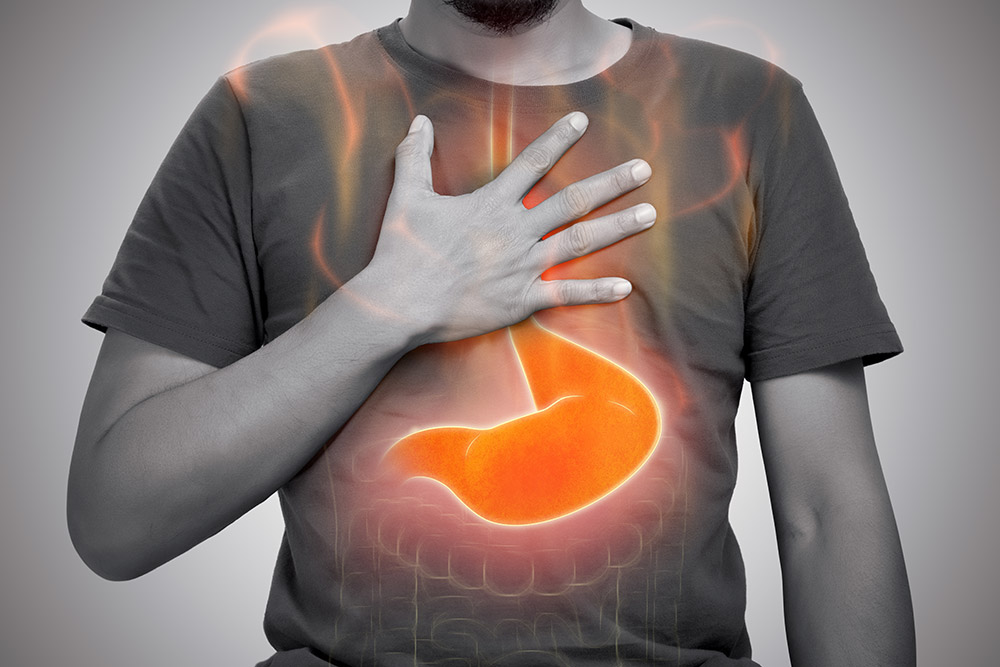Expert Treatment for Gastric Polyps by Dr. Bharat Pothuri
Dr. Pothuri uses a step-by-step approach:
Medical History and Exam
He reviews your symptoms-upper abdominal discomfort, early fullness, nausea or vomiting-and asks about medication use (proton pump inhibitors, NSAIDs), H. pylori exposure, family history of gastric disease, and other risk factors.
Laboratory Tests
Blood work checks for anemia (complete blood count, iron studies) and screens for H. pylori infection. These tests help identify hidden bleeding or infection contributing to epigastric pain.
Upper Endoscopy
- High-definition endoscopy visualizes the entire stomach lining and pinpoints any polyps or mucosal changes.
- Endoscopic measurements note polyp size, number, and location to guide treatment planning.
Biopsy and Pathology
Targeted biopsies are taken from suspicious areas. The tissue is examined to classify the polyp type (fundic gland, hyperplastic, adenoma), check for dysplasia, and assess cancer risk. This step also establishes the ICD-10 code K31.83 for accurate records and insurance purposes.

Frequently Asked Questions
What are gastric polyps and why do they form?
Gastric polyps are small growths on the stomach lining. They often form due to chronic gastritis, H. pylori infection, long-term proton pump inhibitor use, or inherited risk factors.
Are gastric polyps cancerous?
Most gastric polyps are benign. However, certain types-like adenomas-carry a small risk of turning cancerous, which is why biopsy and monitoring are important.
How does Dr. Pothuri diagnose this condition?
Dr. Pothuri uses an upper endoscopy to visualize the stomach lining and may perform a biopsy to identify the polyp type and assess any cancer risk.
Can diet changes help?
Yes. Eating smaller, more frequent meals; avoiding spicy or acidic foods; limiting alcohol; and quitting tobacco can reduce irritation and support stomach health.
What is the ICD-10 code for this condition?
The ICD-10 code for gastric polyps is K31.83, which ensures accurate medical documentation and insurance processing.
What types of gastric polyps are there?
The most common types are fundic gland polyps, hyperplastic polyps, and adenomas-each with its own cause and level of cancer risk.
Do I need regular follow-up?
Follow-up depends on the polyp's type, size, and pathology. Dr. Pothuri will recommend a personalized endoscopy schedule to monitor for recurrence.












